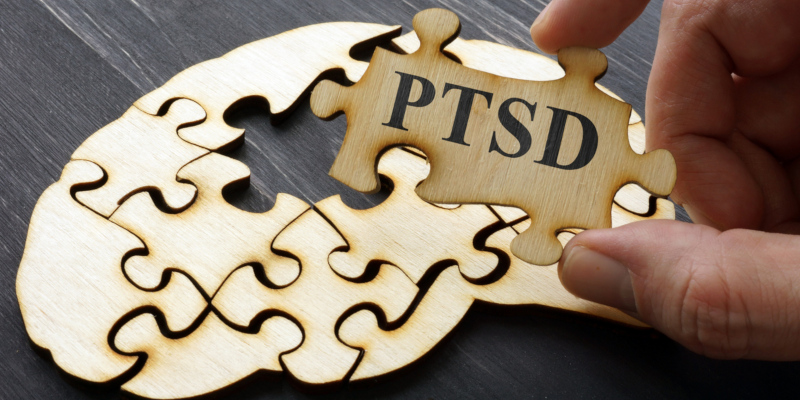If you have been through a traumatic event or experience, you may be dealing with Post-Traumatic Stress Disorder (PTSD). Unfortunately, there is a great deal of misinformation about this disorder in the popular culture, and these myths can prevent people from acknowledging their symptoms or seeking treatment. The team at the office of Dr. James Campbell, LLC is familiar with many of these misunderstandings and has put together this article to dispel some of the worst of them. If you are experiencing symptoms of post-traumatic stress, don’t hesitate to reach out to learn more about your treatment options.

- Myth #1: Only soldiers get PTSD. One of the most pervasive myths about PTSD is that it only affects those who have been in military combat. While combat is one common cause of post-traumatic stress, it is by no means the only one, and you can still develop PTSD if you are not a soldier. Some of the most common causes of PTSD are natural disasters, car accidents, and physical or sexual assault, all of which can affect anyone.
- Myth #2: PTSD makes people dangerous. Another myth about PTSD is that those who suffer from it are a danger to others. This myth stems from many popular media portrayals in which returning veterans flash back to their time in combat and lash out at their loved ones, not realizing that the danger isn’t real. However, symptoms such as intrusive thoughts, irritability, and nightmares are far more common to PTSD than are psychosis or aggression. Having PTSD does not make you more likely to hurt others, and you can learn to cope with the other symptoms through therapy.
- Myth #3: PTSD can’t be treated. While it’s true that PTSD can’t be cured, it can be treated–while there’s no solution that will eliminate 100% of your symptoms, with therapy and other treatments you can significantly reduce their frequency and severity, and greatly improve your quality of life.
